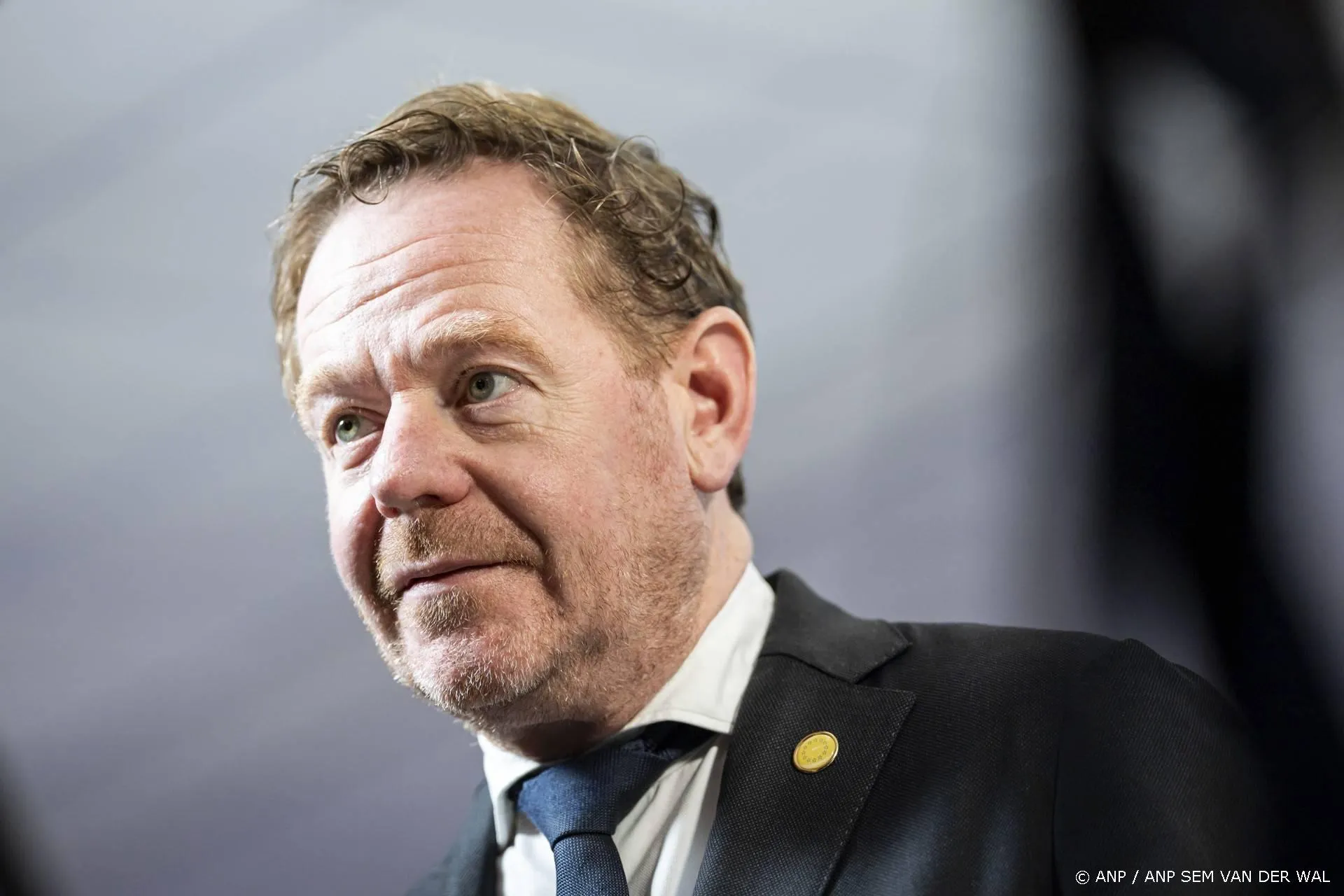Klimaat: Stern dreigt VS met handelsboycot

The United States will be banned from selling goods to many countries if it continues to shirk its promise to cut greenhouse gas emissions, according to the worlds leading climate change economist.
In an interview with The Times, Lord Stern of Brentford said that nations that were taking strong action on emissions could start imposing restrictions on dirty US exports by 2020.
Lord Stern, who advises several G20 leaders and is one of the key players in the international negotiations seeking a deal on emissions, made his comments ten days before the annual United Nations climate change conference opens in Cancun, Mexico. They reflect the feeling in many countries that a lack of action on emissions in the US is delaying progress in the talks.
The US will increasingly see the risks of being left behind, and ten years from now they would have to start worrying about being shut out of markets because their production is dirty, Lord Stern said. If they persist in being slow about reducing emissions, US exports will start to look more carbon intensive.
President Obama pledged before the Copenhagen climate conference last December to cut US emissions by 17 per cent on 2005 levels by 2020. But his efforts to introduce legislation have been blocked by Congress. Republican gains in the midterm elections mean that there is little chance of legislation being passed in the next two years.
The US emits more than twice as much CO2 per capita as the EU and almost three times as much as China.
Lord Stern said that Europe and the Far East (sic) were forging ahead of the US in controlling emissions and switching to low carbon sources of energy. They would not tolerate having their industries undermined by American competitors that had not paid for their emissions. If you are charging properly for carbon and other people are not, you will take that into account, he said. Many of the more forward-looking people in the US are thinking about this. If they see a danger on the trade front to US exports that could influence public discussion.
Asked what type of US products could face restrictions, Lord Stern said: Aircraft, clearly, some cars, machine tools its not simply whats in the capital good, its what kind of processes the capital good is facilitating.
Lord Stern said that a complete ban on some goods was also possible. He said the American people should overcome their historical antipathy to taxation and accept that emissions needed to be controlled either through a tax or a trading scheme.
Its a country that is very sensitive to big government and taxation for understandable historical reasons, he said, adding that it was a conceptual mistake to see charging for emissions as a tax.
Full story (subscription required)
Lees ook
Loading


